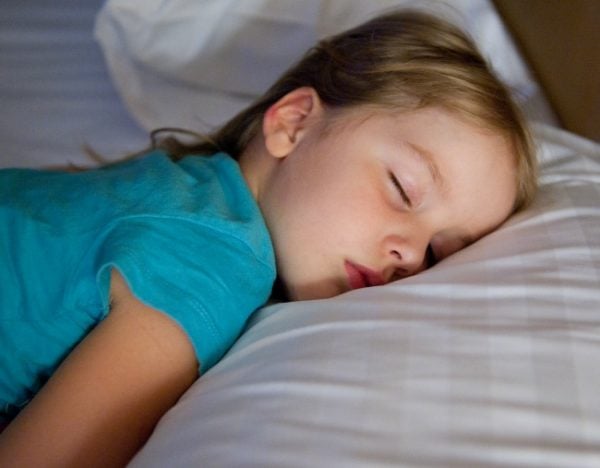Parents and carers know a sleep deprived child can be a grumpy one. But what comes first – the sleep deprivation or the bad temper, restlessness and stress-related symptoms? Does one cause the other, or the other way around? Or both?
A world-first study has tracked sleep problems in Australian children over ten years, from pre-school to high school, to better understand the relationship between a lack of sleep and a range of health and behavioural issues.
Sleep deprivation affects many families who find it difficult to achieve the Sleep Health Foundation’s recommended 10-13 hours’ sleep per night for children aged 4-5, 9-11 hours for those in primary school and 8-10 hours for teenagers.
Previous Australian research has shown four in ten children experience sleep problems and one of those will be moderate or severe. Even mild cases may be linked to issues such as feeling unwell, worry, sadness, nervousness, lack of confidence, a bad temper, poor behaviour, fighting, lying, stealing and hyperactivity.
The new study, led by the Murdoch Children’s Research Institute (MCRI) and the University of Melbourne, found that inadequate sleep was associated with internalised social and emotional as well as externalised conduct and hyperactivity problems. Having these problems was also associated with a lack of sleep.
This was particularly evident as the children entered primary school.
As they grew older, the relationship between conduct and hyperactivity problems and lack of sleep remained strong both ways. But while a lack of sleep could cause social and emotional problems, having those problems did not cause older children to lose sleep.
Lead author Dr Jon Quach, from the University of Melbourne Graduate School of Education, MCRI and the Royal Children’s Hospital, says the lack of impact social or emotional problems had on sleep at an older age was surprising.

